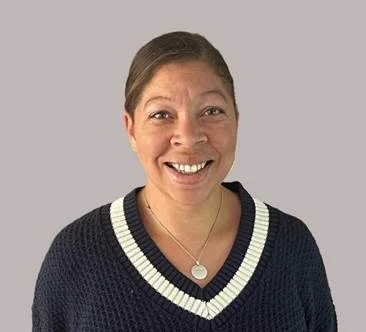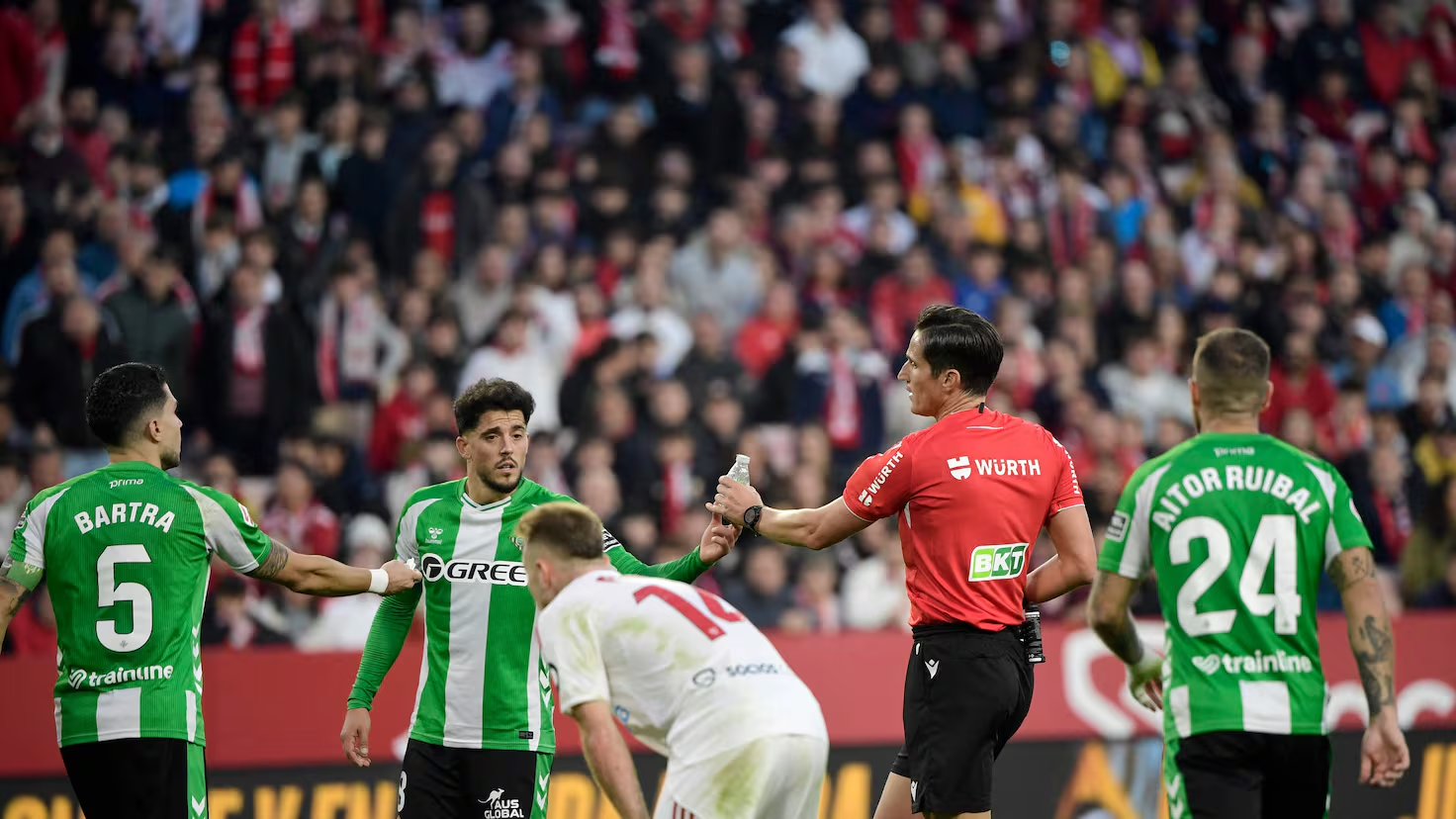How the Aftercare Project supports care leavers through storytelling

When I was 10-years-old, I made a choice no child should ever have to make, the choice to survive.
I walked away from home with nothing but fear, hope, and the quiet belief that life could be different. For years I searched for belonging in places that promised care, but care without love is only a system, and systems, as I learned, have expiry dates.
When I became a teacher, I noticed a pattern: children who vanished from classrooms without goodbye. Some were “moved”, some “aged out”, some simply disappeared. Their names would be spoken in past tense by professionals who had already turned the page. That quiet erasure is where The Aftercare Project was born.
The project asks a simple but radical question: what happens after the file closes?
We tell children in care that they have a “corporate parent” until they turn 18. Then, overnight, the language changes. Support stops. Safety nets shrink. For many, adulthood arrives not as freedom but as freefall. Yet the need for care doesn’t vanish at 18 – the longing for connection and belonging never ages out.
The Aftercare Project is my attempt to rewrite that ending. It’s a creative, trauma-informed space helping care-experienced young people turn pain into power through storytelling. Through workshops, zine-making, and co-authored guides, we invite young people to take back their narratives, to write with us, not be written about.
Because care leavers are not statistics. They are poets, storytellers, and survivors carrying unwritten chapters.
Our sessions aren’t about fixing trauma; they’re about witnessing truth. They offer a space to speak in one’s own language, through words, art, or silence, and to see experience reflected and honoured. Young people hold complete editorial control over their own stories, they choose what to share, how to share it, and in what form their voice takes shape. The work emerges in the ways that serve them, not the structures we impose. Each zine, poem, or story becomes a small act of a claim to authorship, to mattering.
When I was younger, I thought survival meant forgetting. Now I know it means remembering, returning to the places that broke you and writing your own way out. Writing became my bridge between who I was and who I could be. That is what I want The Aftercare Project to offer: a bridge.
Supported by Arts Council England, the project is building a digital legacy and living creative hub, a national space where care-experienced young people can connect, create, and see themselves reflected. We are also developing pathways into professional writing and mentoring, ensuring creativity becomes not only healing but an opportunity.
Our work is built around belonging, not bureaucracy. We collaborate with foster carers, educators, and care leavers to create a living archive of stories that says, “we were here, and we matter”. We also deliver creative CPD for professionals, helping them understand trauma through a human lens rather than a procedural one.
Here’s the truth: policy is driven by data, yet the deepest evidence lives inside stories.
Statistics can tell us how many children left care this year, but not how many felt loved.
They can count “positive outcomes”, but not loneliness.
The Aftercare Project invites policymakers, educators, and social care professionals to listen differently, to learn not from data about young people, but from young people themselves. Their stories are the data we’ve been missing.
At its heart, The Aftercare Project is not about institutions. It’s about us:
- the young person in temporary housing wondering who they can call;
- the student too ashamed to tick a box that defines them;
- the teacher who wants to help but doesn’t know how;
- the social worker carrying a caseload heavy with stories that never had space to breathe.
We are building creative sanctuaries where care-experienced people can connect, write, and heal together, places where aftercare doesn’t mean being managed, but being met.
If we want lasting change, we must listen to those who have lived it. The Aftercare Project is led by lived experience, but it belongs to everyone who believes care should not end with a signature on a file.
So this is my invitation, and my call to action.
If you are a young person with care experience, we want to hear your voice.
If you work in education, social care, or youth engagement, open your spaces, share your platforms, and help us reach those who need it most.
Together, we can ensure that no young person’s story ends when the system closes their file.
Aftercare is not an optional extra. It’s a promise – one that every young person deserves to see kept.
- To watch a video on The Aftercare Project, click here





